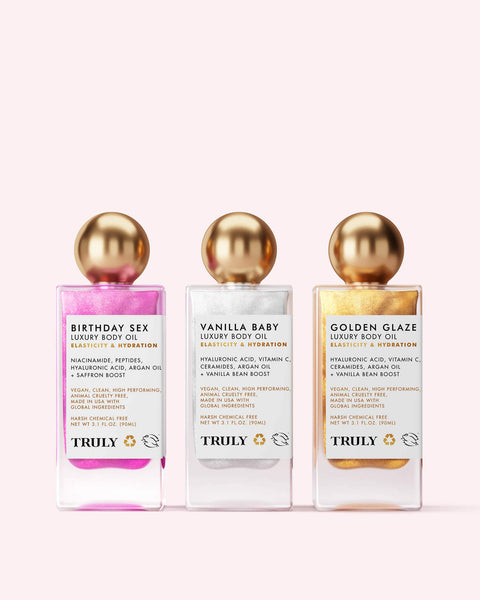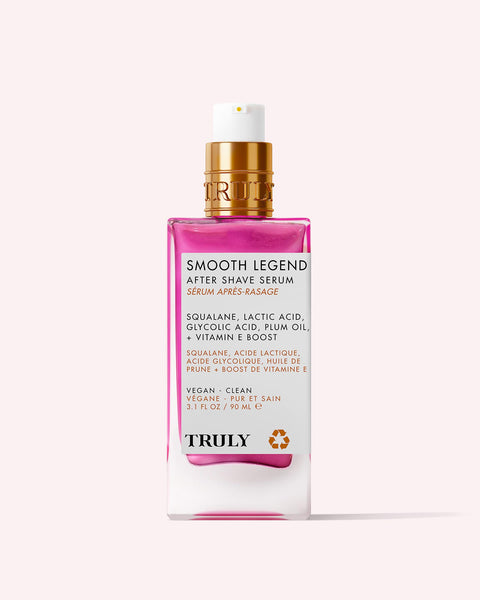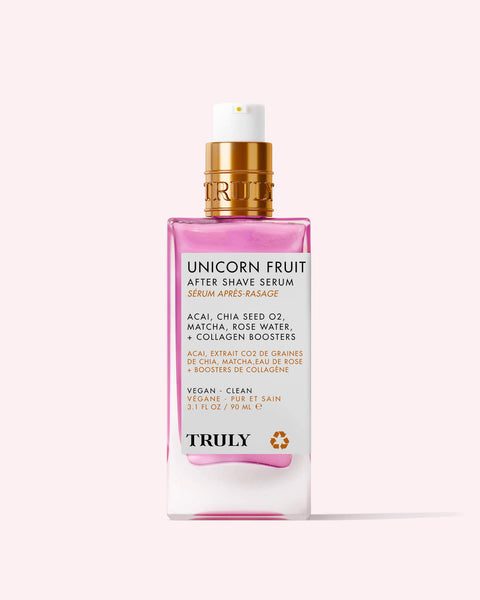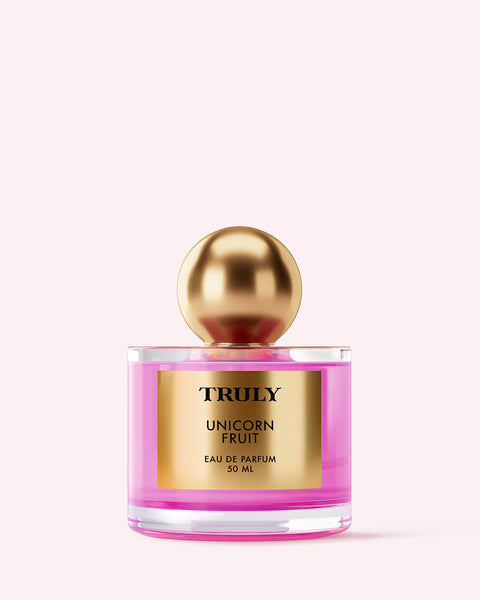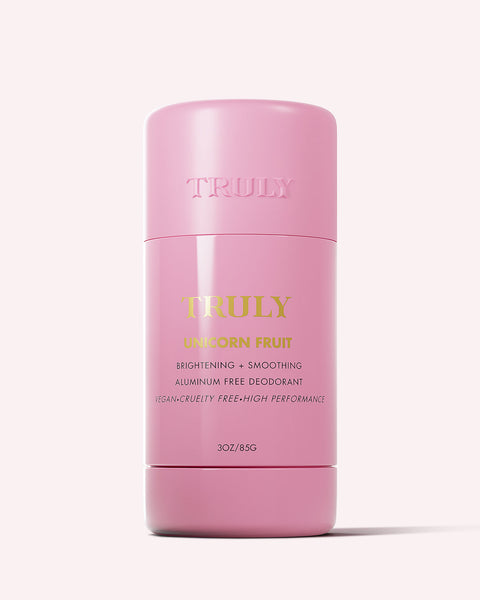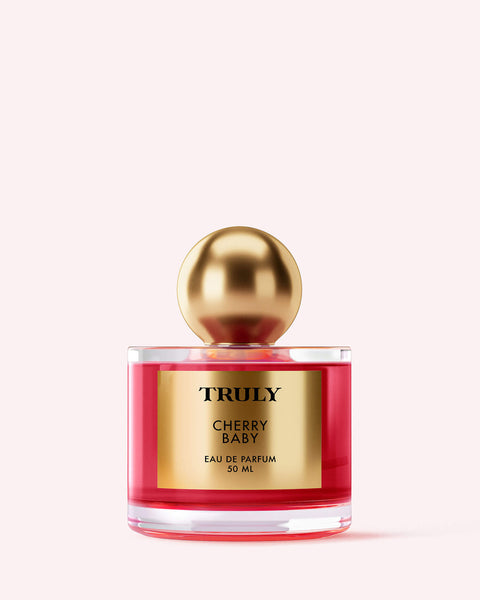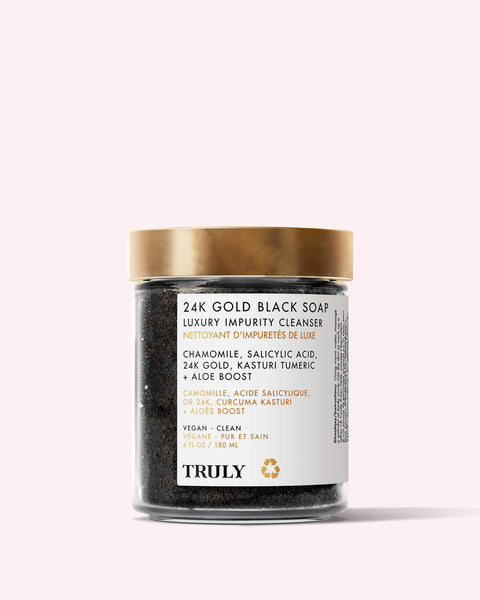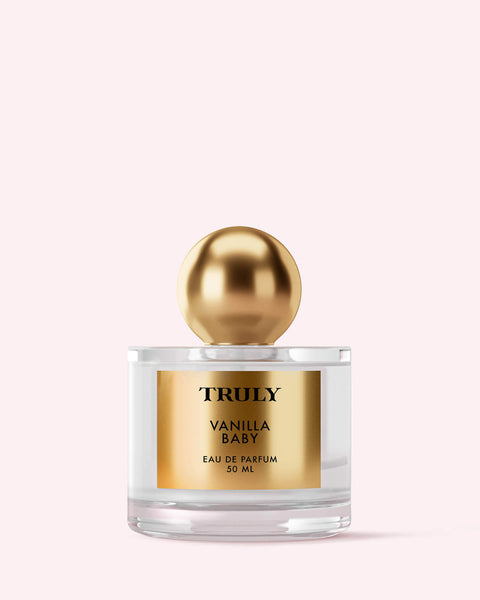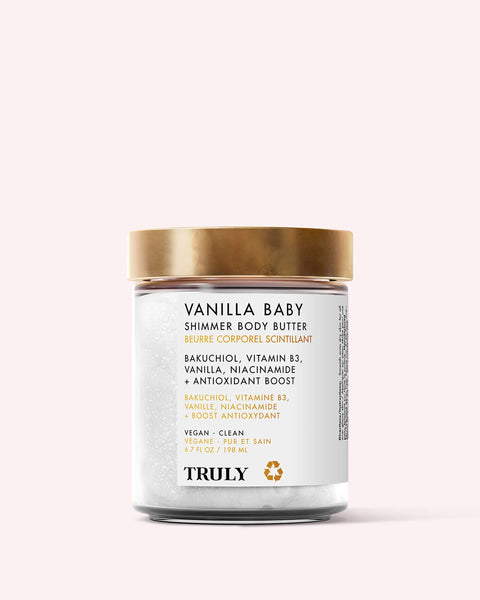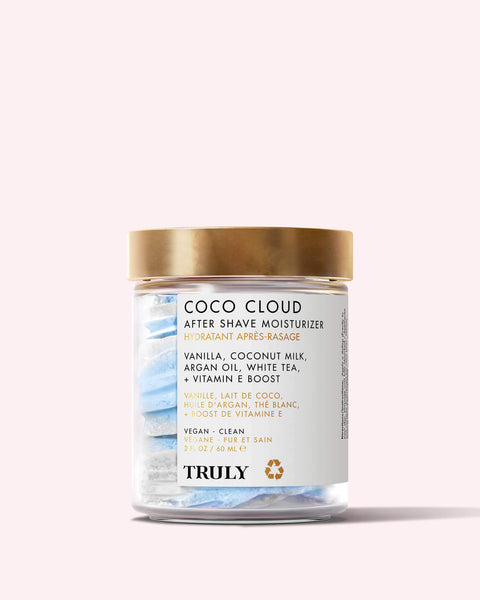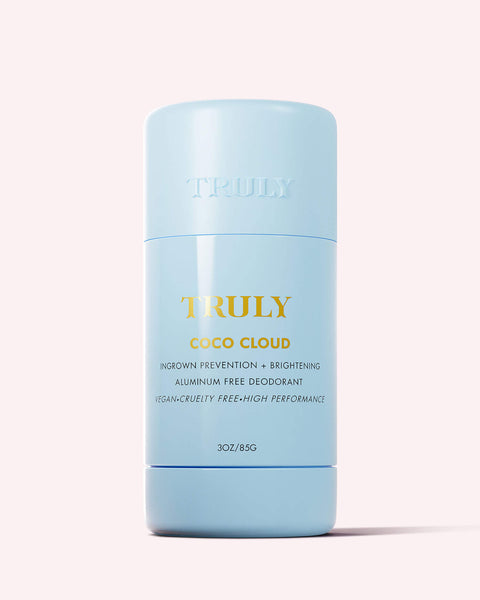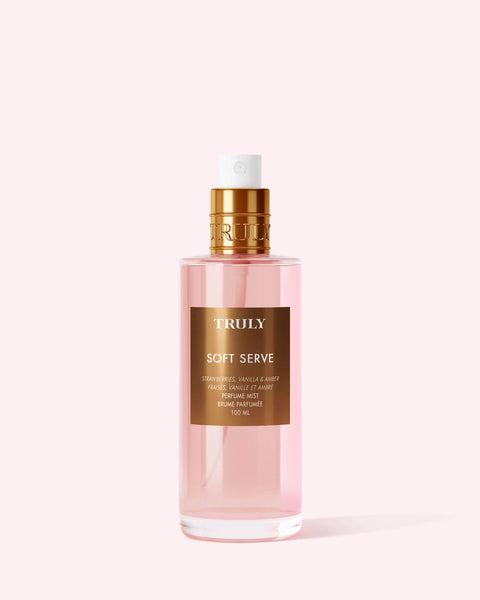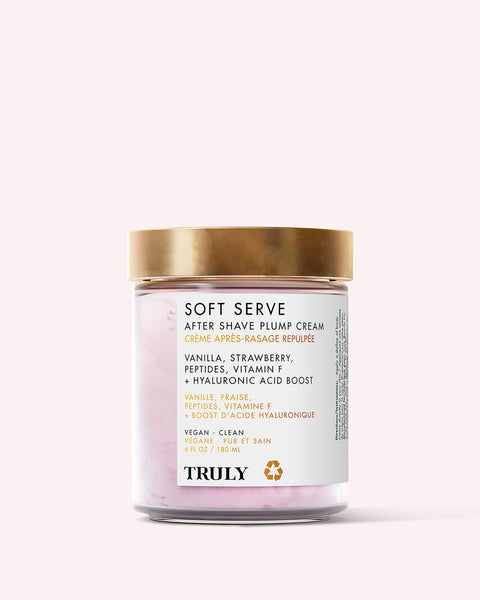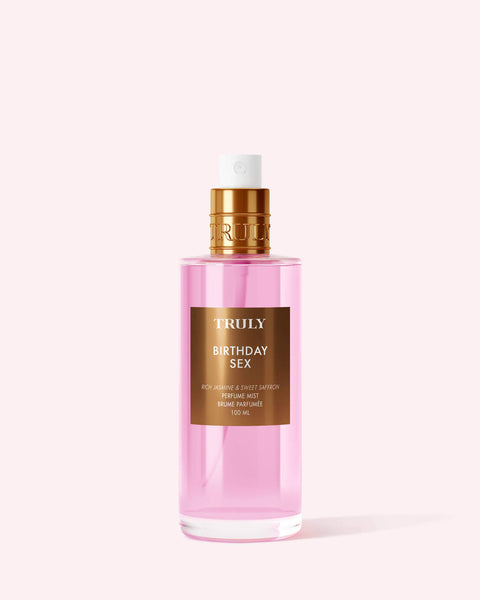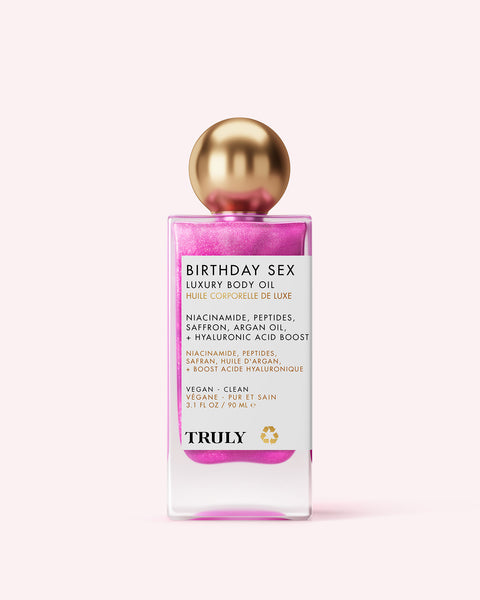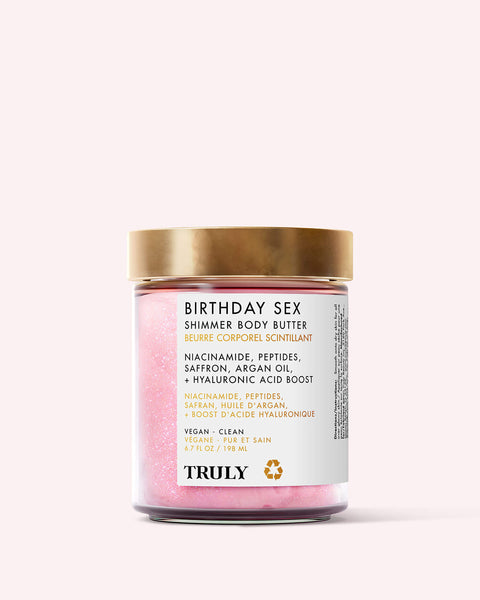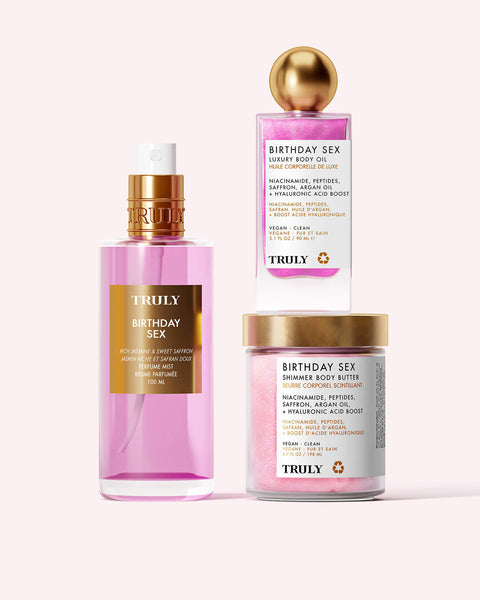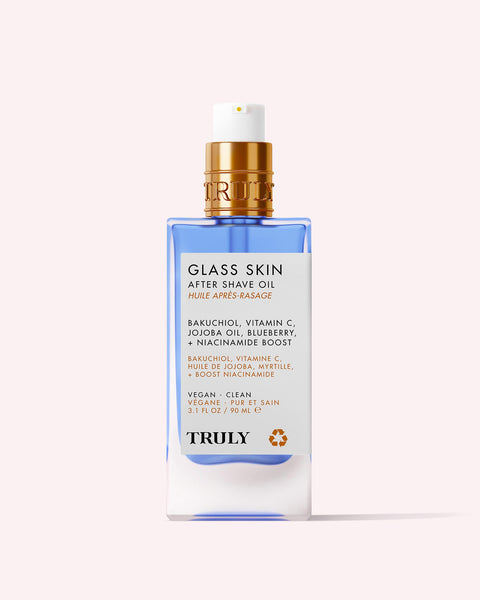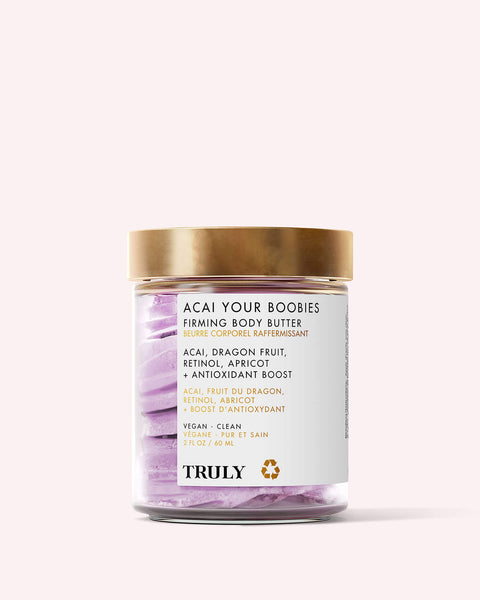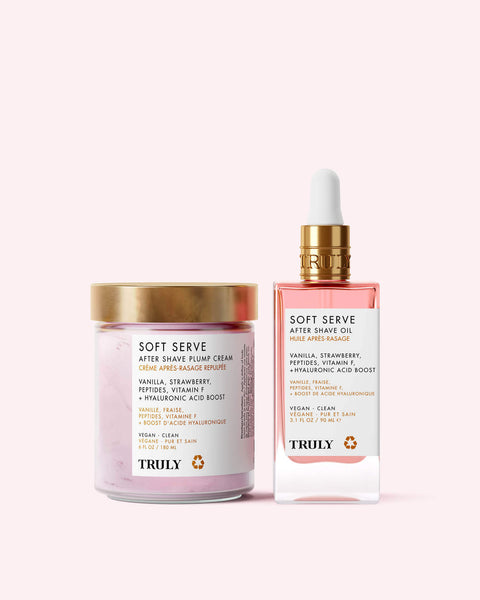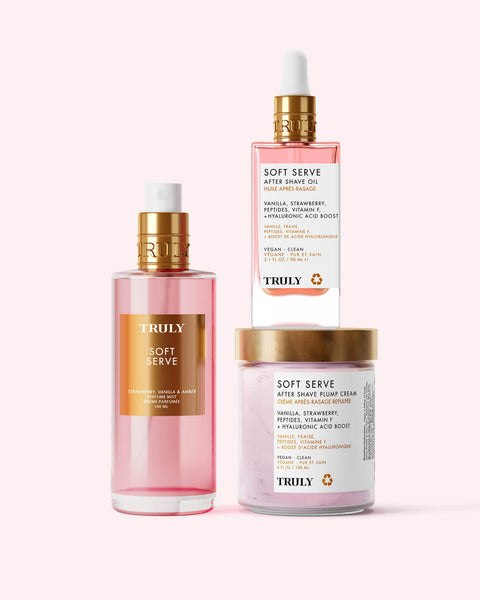Can You Use Expired Sunscreen?
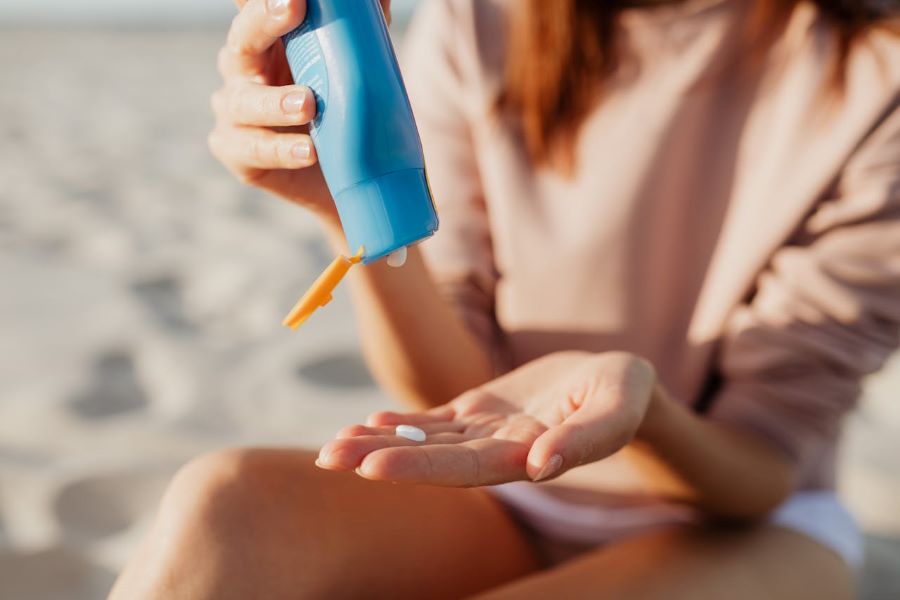
We all know the importance of wearing it, but can you use expired sunscreen? You’ve had that bottle of sunscreen for a while now and naturally, you want to be sure you’re getting maximum UV protection. Besides preventing sunburn, sunscreen prevents premature aging (aka, fine lines and wrinkles) and even skin cancer. It’s a daily skincare staple!
So, does sunscreen have an expiration date? And is it okay to use expired sunscreen? Here’s what you should know.
Does Sunscreen Expire?
Yes, sunscreen does expire. Most sunscreens expire after 2-3 years, unopened. Opened, they last up to 12 months. Check the label on your bottle of SPF for specific dates. For sunscreens without expiration dates, you’ll need to remember your purchase date and throw it away within three years.
Simply put, the active ingredients in chemical and mineral sunscreens degrade over time. In chemical sunscreens, ingredients like oxybenzone, avobenzone, and octocrylene break down when exposed to air, heat, and sunlight. Avobenzone is especially unstable in sunlight without stabilizers.
Mineral sunscreens with zinc oxide or titanium dioxide are more stable, but their formulation can still separate or degrade, leading to uneven coverage.
Can You Use Expired Sunscreen?
It’s best to avoid using expired sunscreen. Using out-of-date SPF can do more harm than good. For starters, studies show that sunscreen becomes less effective when it’s past its shelf life.
If sunscreen is exposed to heat, direct sunlight, or moisture, the degradation of these ingredients accelerate.
Additionally, there’s the risk of bacteria in your expired bottle, which can increase your chances of a rash or skin irritation. And again, it won’t be able to provide adequate protection against UV rays and sun damage.
Ultimately, expired sunscreen won’t provide adequate sun protection, increasing your risk of sunburn and skin damage. Always use a new sunscreen that’s in date to ensure you’re getting maximum protection from harmful rays.
What Happens if I Use Expired Sunscreen?
According to dermatologists, you should avoid using expired sunscreen. The shelf life of sunscreen is no more than three years. After that, the ingredients degrade and the sunscreen becomes less effective at protecting you from the sun’s rays. As a result, it puts you at greater risk of sunburn and skin cancer.
Expired sunscreen can also cause a rash, especially if it’s contaminated. For that reason, it’s important to store sunscreen in a cool, dark place so that it doesn’t spoil. If it’s stored in a warm, moist place, it’s easy for bacteria to grow which can cause irritation when applied to skin.
Can you use expired sunscreen? It’s always best to use a sunscreen that’s in date to ensure you’re getting all the benefits of your daily SPF.
How to Tell if Sunscreen is Expired
There are a few ways to tell if your sunscreen has expired. While sunscreen lasts for up to three years, it’s worth looking out for these signs so that you’re using an effective sunscreen.
First up: change in color. Expired chemical sunscreens tend to take on a yellow color than the ivory white lotion it started as. Next: texture. Especially with physical sunscreens, you’ll notice a change in texture. You may notice that it’s runnier than normal or has a grainy texture. These are signs your sunblock has surpassed its shelf life.
Finally: change in smell. Expired sunscreens tend to smell a little “off.” If your sunscreen doesn’t smell right, you know it’s time for a new one.
Tips for Storing Sunscreen
Proper storage can extend the life of your sunscreen and ensure it keeps protecting your skin. Here are some helpful tips for storing your sunscreen.
Keep It Cool: Store sunscreen in a cool, dry place—extreme heat can break down its ingredients. Avoid leaving it in your car, especially during summer.
Avoid Direct Sunlight: Sunscreen doesn’t like the sun! Keep it away from windows and areas where direct sunlight can hit the bottle.
Tightly Sealed: Always ensure the cap is tightly closed to prevent air and bacteria from getting in. This helps maintain the integrity of the formula.
Store Upright: Keep sunscreen bottles upright to prevent leaks or spills that could cause the product to dry out.
Check the Expiry Date: Even with proper storage, sunscreen has a shelf life. Keep an eye on the expiration date and replace it as necessary.
These tips will help you maximize your sunscreen’s effectiveness, so you’re always prepared to protect your skin.
Get a Summer Glow, All Year Round
Key Ingredients: Peptides, Hyaluronic Acid, Vitamin C, Bakuchiol | Benefits: Tightening, Brightening, Plumping, Protecting
Glow all year round with Truly’s Luxury Body Oils. Formulated with powerhouse ingredients and customizable shimmer, our oils will leave you luminous in seconds. From gold to pink to pearlescent, there’s a stunning shimmer for everyone in the most irresistible scents.
Suitable for all skin types, including sensitive skin. For best results, shake well before use. Apply 3-5 drops onto clean, dry skin for instant glow.
Can you use expired sunscreen? No. According to dermatologists and the Food and Drug Administration (FDA), you should not use sunscreen products that have passed their expiration date.
For maximum protection from UVA and UVB rays, choose a broad-spectrum sunscreen with SPF 30 or higher. Always wear sunscreen daily as the last step in your skincare routine, and re-apply every few hours to maintain your protection from sun exposure when outdoors. You can also wear protective clothing, wide-brimmed hats, and sunglasses for further protection.
Feature photo by Karolina Kaboompics, Pexels




